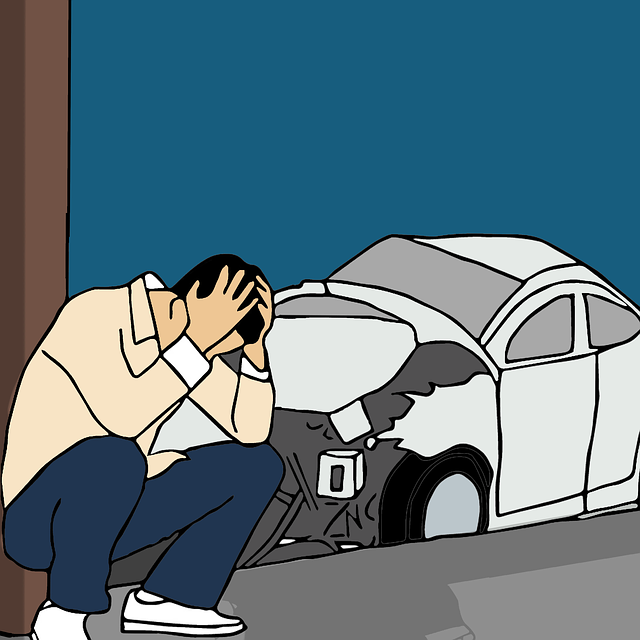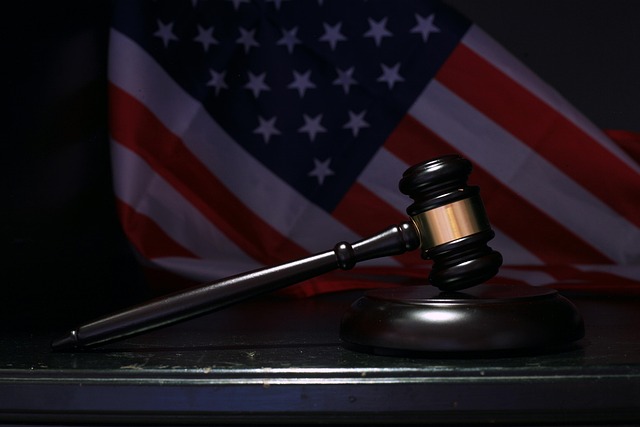A hospital negligence attorney is key for patients seeking justice due to medical malpractice, combining medical knowledge with legal expertise to navigate complex cases. They interpret medical records, identify negligence, and simplify jargon for juries, while strategically navigating regulations and insurance policies. Through their deep understanding of medical malpractice laws, industry standards, and case precedents, they recognize patterns like breaches of fiduciary duty, slip-and-fall injuries, or diagnostic errors, developing targeted legal strategies to win compensation and uphold institutional accountability.
A good hospital negligence attorney is more than just a legal advocate; they are a guiding light in the complex world of medical malpractice. Effective representation requires a unique blend of medical knowledge, sharp legal skills, and a deep understanding of patients’ needs. This article explores the key attributes that set successful hospital negligence attorneys apart, delving into their qualifications, communication style, track record, and the resources they leverage to secure justice for clients harmed by medical negligence.
From navigating intricate medical scenarios to building strong client relationships, discover what makes a truly effective advocate in this critical field.
- Qualifications and Expertise:
- – The importance of medical knowledge and legal skills.
- – Specialization in hospital negligence cases.
Qualifications and Expertise:

A competent hospital negligence attorney is a vital asset for patients seeking justice in medical malpractice cases. The attorney’s expertise lies in understanding complex medical concepts and legal procedures, enabling them to navigate the intricate landscape of healthcare litigation. This involves a deep knowledge of hospital policies, standard medical practices, and the ability to interpret medical records accurately.
Qualifications such as specialized training in medical law, experience handling similar cases, and a proven track record in securing favorable outcomes are essential. Such an attorney should also possess strong analytical skills, enabling them to identify potential negligence, assess liability, and build robust legal strategies. This is particularly crucial when dealing with sensitive healthcare matters, where the line between medical judgment and negligence can be fine.
– The importance of medical knowledge and legal skills.

A good hospital negligence attorney must possess a unique blend of medical knowledge and legal expertise to effectively represent patients harmed by healthcare provider errors. Understanding complex medical procedures, diagnoses, and treatments is crucial for building compelling cases that hold hospitals and doctors accountable for their actions or inactions. This specialized knowledge allows them to interpret medical records, identify potential breaches of fiduciary duty, and explain technical concepts to juries in a clear, understandable manner.
Moreover, these attorneys need strong legal skills to navigate the intricate web of regulations, insurance policies, and liability rules surrounding hospital negligence. They must be adept at gathering evidence, deposing experts, and presenting cases in court, often dealing with issues like product liability or breach of contract. The ability to strategize, anticipate opposing arguments, and adapt their approach based on evolving legal precedents is vital for achieving justice for their clients and ensuring that hospitals maintain the highest standards of patient care.
– Specialization in hospital negligence cases.

A proficient hospital negligence attorney is often a specialist in their field, with an extensive understanding of medical malpractice laws and regulations. This specialization is crucial when dealing with complex cases involving healthcare institutions. Such attorneys have the expertise to navigate through intricate legal frameworks, ensuring they can effectively represent clients who have suffered injuries due to hospital negligence. They stay updated on recent case precedents, medical guidelines, and industry standards, which are vital in building strong arguments for their clients’ rights.
Specialization also allows these lawyers to recognize patterns of negligence, such as breaches of fiduciary duty, slip and fall injuries, or medical negligence during diagnosis and treatment. This knowledge enables them to provide targeted legal strategies, gathering the necessary evidence and expert opinions to strengthen each case. As a result, they can secure fair compensation for their clients, ensuring that hospital accountability is upheld.
A proficient hospital negligence attorney combines deep medical knowledge with exceptional legal expertise. By specializing in this field, they can navigate complex legal and medical intricacies, ensuring patients receive justice for any instances of negligence. Their specialized skills are invaluable in securing compensation and holding healthcare facilities accountable for their actions.






